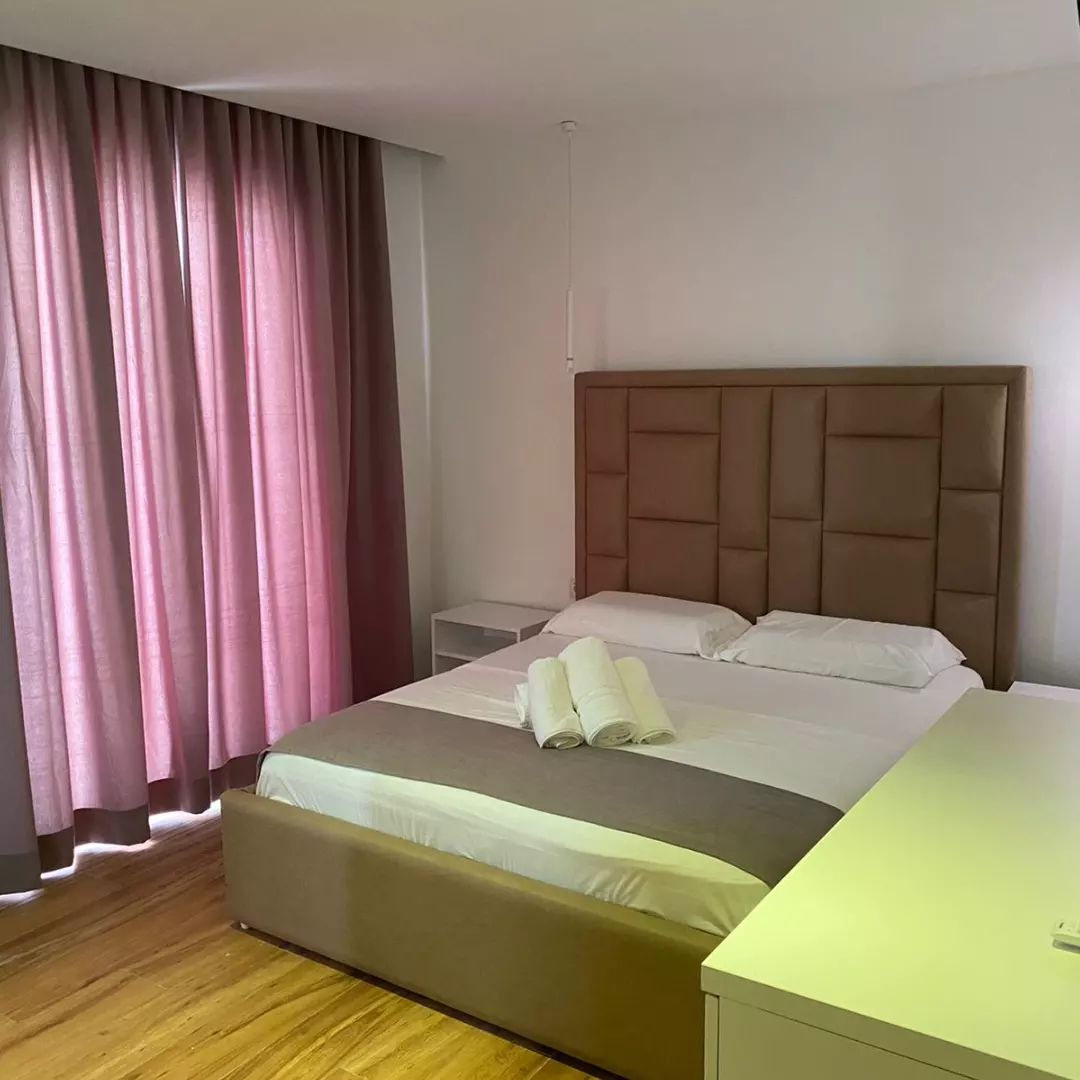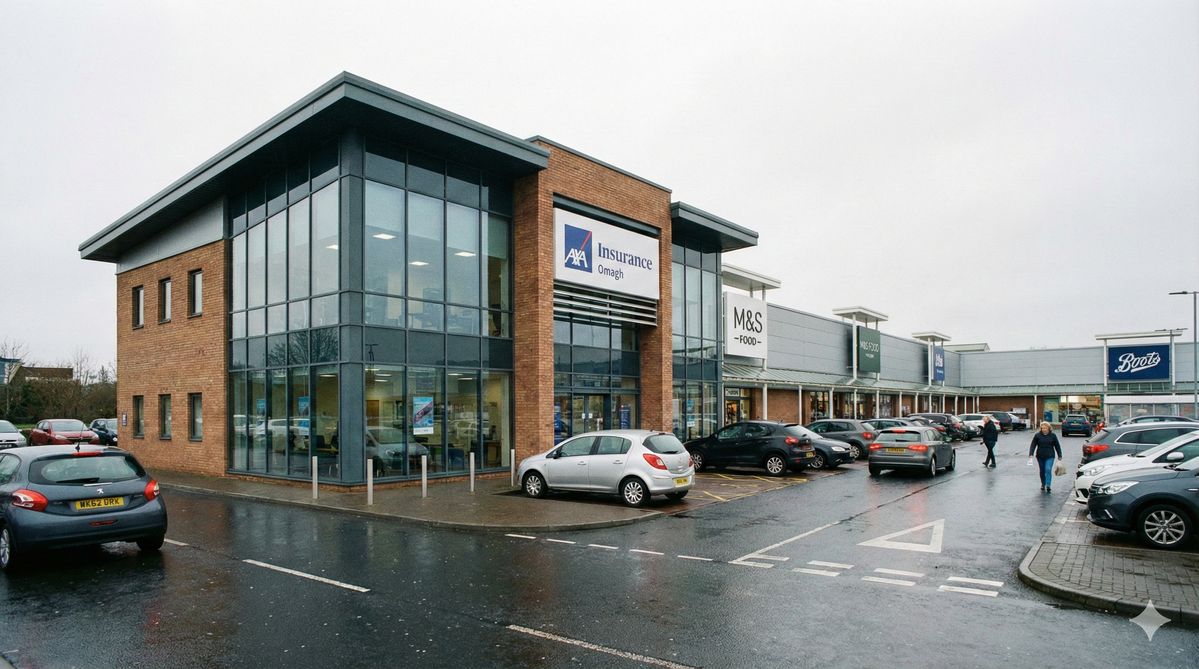The hotel sector in London plays a vital role in the city’s economy, fueled by its status as a global destination for culture, history, and major events. From international sports tournaments to seasonal travel peaks, fluctuations in visitor numbers directly shape hotel occupancy and revenue. Understanding these patterns is key to seeing how tourism trends drive growth in London’s hospitality industry.
London is one of the world’s most popular cities, drawing millions of visitors each year who come to see its famous landmarks and enjoy its lively culture. This steady flow of tourists greatly benefits the city, especially the hotel industry. When people visit, they need places to stay, and this demand keeps hotels busy and thriving. However, the number of visitors can change with the seasons, like more tourists in summer, and events around the world, like big sports games or festivals, can also affect how full hotels are. In this article, we’ll look at how these factors influence London’s hotels and what it means for the city’s economy
Economic Boost
Tourism serves as a major economic driver for London’s hotel industry. The revenue generated from hotel stays, dining, and additional services contributes significantly to the city’s GDP. Hotels range from budget accommodations to luxury establishments, catering to a diverse array of visitors. The steady stream of tourists supports employment within the hotel sector and ancillary services, from housekeeping to high-end restaurant staff.
- Increased bookings during peak seasons and special events.
- Higher occupancy rates lead to better room rates and profitability.
- Indirect benefits include boosted local businesses, such as restaurants, shops, and tour services.
Read also: The Ultimate Guide to Starting a Hotel Business in London
Employment Opportunities
The hospitality sector is one of the largest employers in London, thanks to the constant flow of tourists. Hotels provide a wide range of job opportunities, from entry-level positions to executive roles, offering career growth and development.
- Job creation in various areas, including front desk operations, housekeeping, and management.
- Opportunities for seasonal employment during high tourist seasons.
- Training and development programs enhance workforce skills and service quality.
Infrastructure Development
To accommodate the growing number of visitors, London’s hotel industry has seen significant infrastructure development. New hotels are built, and existing ones are renovated to meet the high standards expected by international travelers.
- Investment in modern amenities and technologies to improve guest experience.
- Expansion of transportation networks to provide easier access to hotels.
- Development of eco-friendly and sustainable hotel practices to attract environmentally conscious tourists.
Cultural Exchange
Tourism promotes cultural exchange, allowing visitors and locals to interact and learn from each other. This cultural interaction enriches the experiences of tourists and fosters a global community within the city.
- Hotels host cultural events and activities to engage guests.
- Tourists gain insights into local traditions and customs.
- Collaboration with local artists and performers enhances the cultural offering of hotels.
Seasonal Variations
Tourism in London experiences seasonal fluctuations, impacting hotel occupancy rates and pricing strategies. Understanding these patterns is crucial for hotels to optimize their operations and revenue management.
- High seasons during summer and major holidays see peak occupancy rates.
- Off-peak seasons require strategic promotions and discounts to attract visitors.
- Events like the London Marathon or New Year’s Eve celebrations create temporary spikes in demand.
Impact of Global Events
Global events, such as the Olympics or international conferences, can significantly boost hotel business in London. These events attract a large number of visitors, providing opportunities for hotels to maximize revenue.
- Major events lead to full bookings and premium pricing.
- Long-term benefits include increased visibility and reputation for hosting large-scale events.
- Hotels often form partnerships with event organizers for exclusive deals and packages.
Challenges and Competition
The hotel industry in London faces challenges, including intense competition and the rise of alternative accommodations like Airbnb. Hotels must continually innovate to stay competitive and meet the evolving demands of travelers.
- Differentiation through unique services and personalized guest experiences.
- Adoption of digital technologies for seamless booking and customer service.
- Collaboration with travel agencies and online platforms for better market reach.
Sustainable Tourism
Sustainable tourism practices are increasingly important in the hotel industry. London’s hotels are adopting green initiatives to minimize their environmental impact and appeal to eco-conscious travelers.
- Implementation of energy-efficient systems and waste reduction programs.
- Offering sustainable and locally sourced food options in hotel restaurants.
- Certification and adherence to global sustainability standards enhance reputation.
Marketing Strategies
Effective marketing is crucial for attracting tourists to London’s hotels. Utilizing digital marketing, social media, and partnerships with travel influencers can significantly boost a hotel’s visibility and appeal.
- Targeted online advertising and search engine optimization (SEO) to attract international guests.
- Engaging content and visuals on social media platforms.
- Collaboration with travel bloggers and influencers for authentic promotions.
Conclusion
Tourism undeniably plays a pivotal role in shaping the landscape of London’s hotel business. The continuous influx of visitors fuels economic growth, job creation, and cultural exchange. While there are challenges, the opportunities presented by tourism are vast and varied. By embracing innovation, sustainability, and strategic marketing, London’s hotels can continue to thrive in this dynamic environment. For more insights, visit The London Report.
FAQ
Q: How does tourism impact the pricing of hotel rooms in London?
A: Tourism significantly affects hotel room pricing in London, with rates typically higher during peak seasons and major events. Hotels adjust their pricing strategies based on demand to maximize revenue.
Q: What types of jobs are created in the hotel industry due to tourism?
A: Tourism creates a wide range of jobs in the hotel industry, including roles in front desk operations, housekeeping, food and beverage services, management, and maintenance.
Q: How do global events like the Olympics impact London’s hotel business?
A: Global events like the Olympics lead to increased demand for hotel rooms, higher occupancy rates, and premium pricing. They also enhance the city’s global reputation as a premier destination.
Q: What sustainable practices are hotels in London adopting?
A: Hotels in London are adopting sustainable practices such as energy-efficient systems, waste reduction programs, and offering locally sourced food options. Many hotels also seek sustainability certifications.
Q: How do hotels in London market themselves to attract tourists?
A: Hotels in London use digital marketing, social media, SEO, and partnerships with travel influencers to attract tourists. They create engaging content and offer special promotions to stand out in a competitive market.
Q: What are the benefits of cultural exchange through tourism in hotels?
A: Cultural exchange through tourism enriches both tourists and locals, fostering a global community and enhancing the overall guest experience. Hotels often host cultural events and collaborate with local artists to promote cultural interaction.




